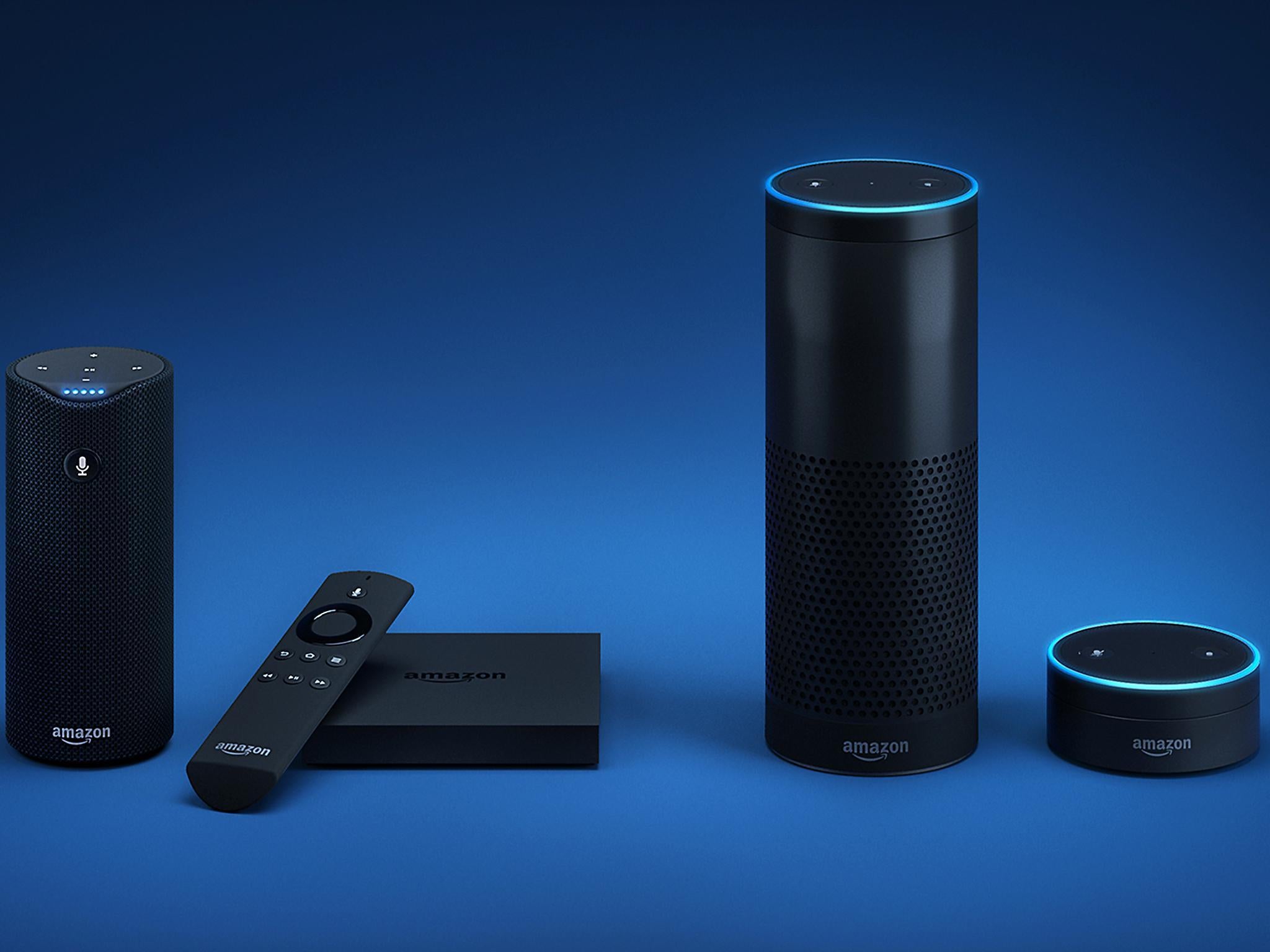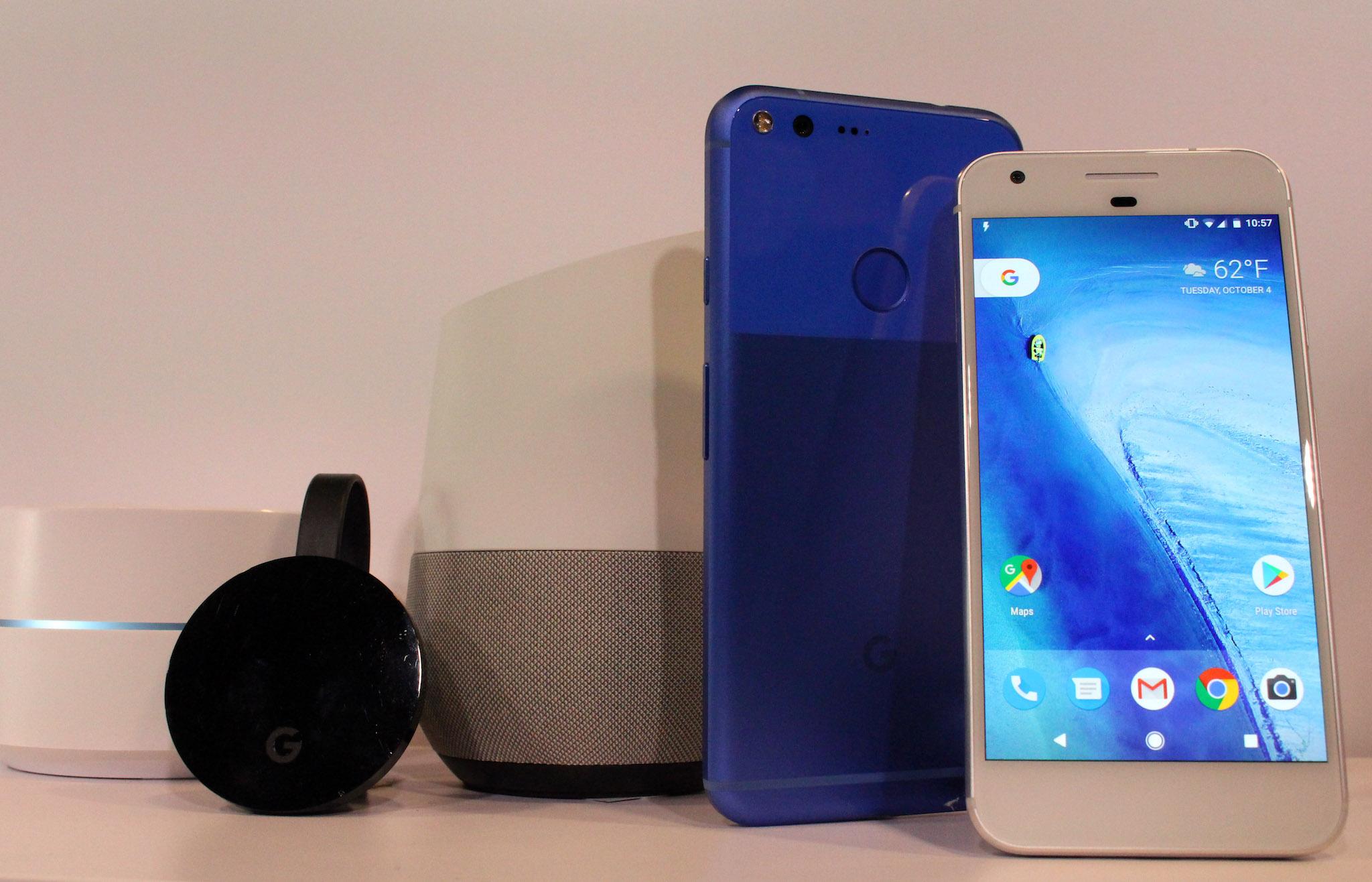The future is here: Virtual assistants are no longer confined to just your smartphone
Most smartphone users are used to calling on their virtual assistants for help – but what happens when our voice-activated aides make the move to other devices in our lives? Andrew Griffin investigates

Your support helps us to tell the story
From reproductive rights to climate change to Big Tech, The Independent is on the ground when the story is developing. Whether it's investigating the financials of Elon Musk's pro-Trump PAC or producing our latest documentary, 'The A Word', which shines a light on the American women fighting for reproductive rights, we know how important it is to parse out the facts from the messaging.
At such a critical moment in US history, we need reporters on the ground. Your donation allows us to keep sending journalists to speak to both sides of the story.
The Independent is trusted by Americans across the entire political spectrum. And unlike many other quality news outlets, we choose not to lock Americans out of our reporting and analysis with paywalls. We believe quality journalism should be available to everyone, paid for by those who can afford it.
Your support makes all the difference.Here’s how the future sounds: Pulling into your house, you shout at your car to start the oven and the lights. You park your car in the garage – or it parks itself – and head into your home.The lights are a little bright, and you’d like some music on; you shout at your kitchen and both things are fixed.
At least that’s how the future would sound if you had been listening to the amassed tech people in Las Vegas at the annual Consumer Electronics Show this week. Hotel hallways were packed with virtual assistants being shouted at by attendees – assistants that then replied in their robotic voices and got to doing whatever it was they’d been asked.
Those assistants aren’t new – they first made their way into the public consciousness with Siri in the iPhone 4S, though had been teased for years before in films like 2001. Every major tech company has released its own version since: Amazon’s Alexa, Microsoft’s Cortana and Google’s unnamed Assistant.
But what was new is the arrival of voice control everywhere – not just as an extra feature of an existing product but as something added to basically everything you own. And that voice control mostly meant Amazon’s Alexa.
For the moment, Alexa is also mostly trapped inside of Amazon’s smart speakers: the Echo, primarily, and also the Echo Dot and Tap. But because she really lives in the cloud – those speakers just feed your voice up to the internet, where computers do the work of figuring out what you’d said and turning it not something useful – she can be added to pretty much anything.

At CES, she started to break free. Ford, for instance, announced that it would be adding Alexa to its cars, and it was joined by a whole host of speakers, robots and appliances.
Other companies are reported to be working on their own versions of the technology. But they are mostly apparently staying within their own products.
Siri, for instance, has made its way into every major product that Apple makes – including its Macs, as of late last year. But Apple hasn’t even released its own version of a speaker, let alone done the near unthinkable and licenced Siri to any other product.
It has been rumoured to be doing so. And it has attempted to dismiss the growing amount of interest in smart speakers like Amazon’s, with marketing head Phil Schiller arguing in a statement released during CES that they were less useful because they didn’t have screens and didn't come with you. (That doesn't necessarily mean that Apple isn't planning its own version; it has dismissed products that it has eventually made many times.)
Amazon is stealing an early march on those other companies. And that isn’t insignificant – the smart speakers might be relatively cheap, but people don't often update their car or their fridge, and the fact that the devices tie together mean that once someone is trapped in an ecosystem they’re likely to invest in it even more.

But what might also be the decider of who wins the rush to help everyone talk to their houses is the question of why they want to do it. The kinds of data and access that are given to a company when someone instals a microphone in their house are intimately valuable; the reasons that people want access to that might make or break them.
Amazon, for instance, is apparently invested in creating a personal assistant because it's a good way of encouraging people to buy things; you can ask Alexa to order you anything you want and she’ll sort it for you, which becomes very simple when she’s installed inside your fridge. Google wants the information because it lives to collect and give it out; in the form of useful features like email for its users, and as ads on those services for its clients. Apple might have the advantage in that respect as a company committed not to using or even storing any more data than it needs.
But it might not be up to the companies what actually happens to the data. The possibility that something is hacked – or, as in a case earlier this month, that the data collected by an Amazon speaker is required by the police – means that it’s not just those companies that we’re giving access to our most intimate moments.
It's the kind of intrusion that even 1984 in its most dystopian moments didn't imagine; George Orwell didn't foresee that always-on surveillance would be happily welcomed into people's homes, or that it would become an actual feature in a fridge. But Orwell didn't foresee the pure joy of shouting into the void of your kitchen and having it play your favourite song, either.
Join our commenting forum
Join thought-provoking conversations, follow other Independent readers and see their replies
Comments